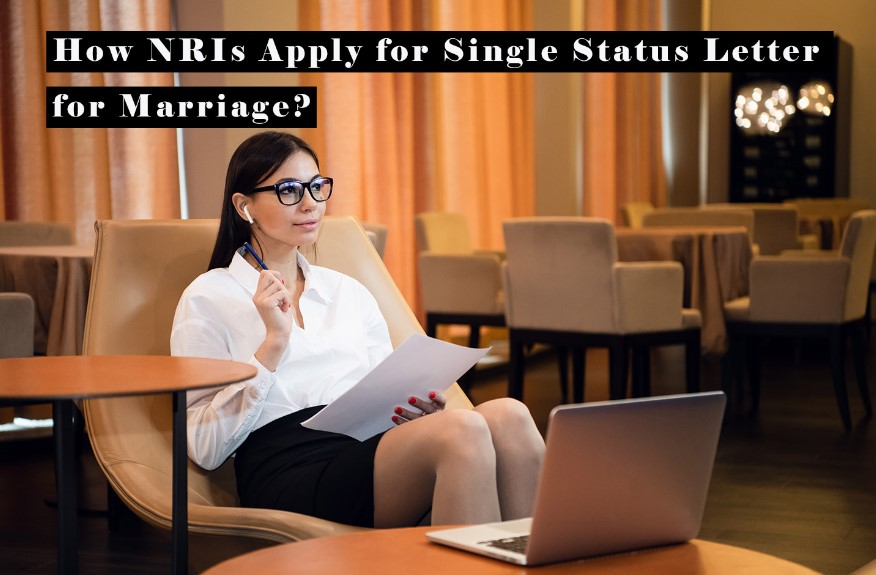
How NRIs Apply for Single Status Letter for Marriage?
Single status letter for marriage is known as single status affidavit in India. Non-residents require it when they are likely solemnize marriage with a foreigner. It is an oath attested by the court, which reveals that the affiant is single.
In general, the foreign authorities like PSA or Philippines Statistics Authority are set up in the European and some Asian countries that administer such requests. But since India has no provision to check for the bachelorhood status of even the foreigner, we don’t have any authority, but the court to look into this matter.
Three Single Status Letters Required
Yes, you read it right. You need three single status letters for marriage. But, these all should be drawn by the applicants (both spouses) and their parents from the court.
An affidavit is a sworn statement, affirming that the boy or girl who is going to marry is single. In short, you declare the details related to your matrimonial status, date of birth and address. These all details are shared in front of the deponent, who creates this statement on your behalf.
The deponent monitors your approach and every expression to analyse the genuine interest. Since it shows facts that are true to his knowledge through the statement of the witnesses, it can be used as the evidence in any court later at any point of time.
- Letter Formats of Applicant
“I, (name of the applicant), s/o or d/o (parents’ name) born on (D.O.B) in (place of birth), am eligible to solemnize marriage according to the jurisdiction of India and foreign. I am single (for unmarried)/ & have no dependent from the last marriage (for divorcee/widowed). ”
- Letter Formats of Applicant’s Parent
“I (name of parents), of (age, like 50 years), married citizens of India or foreign with legal address…sworn by the law, hereby states that I’m the guardian/ parent of (the applicant’s name) born on (D.O.B) in (address). We are the evidences of the fact that he/she has never been married with any man/woman till today (for unmarried).
Or, he/she is divorced now and has no dependent relation from the last marriage (for divorcee).”
Once you draft it, the court verifies your oath with the original documents of your address and date of birth. You need to enclose them with the sworn document.
Documents needed
In short, the verification requires these documents to be verified:
- You need to submit the aforesaid Affidavits.
- Enclose either AADHAR CARD or PASSPORT as an address proof of the applicant.
- Provide documents such as Birth certificate/schooling certificate as a proof of birth.
- Attach a letter from his/her parents stating that “the applicant is single” and enclosing their Aadhar cards.
- For Divorcee applicant, submission of Decree Absolute is necessary
- Likewise, the deceased spouse’ death certificate is required if the would-be spouse is widowed.
Process to Follow
Every court has notary public, who drafts it. Once it is drafted, the affiant needs to get it attested from the State Home Department or Sub Divisional Magistrate (SDM). So, the NRIs can select either of these two ways to get it attested. Later, it is sent to the MEA for apostille stamp or its attestation.
MEA apostille (stamp) on the ‘SINGLE STATUS CERTIFICATE’ is enough if one is going to marry in the country, which is listed in The Hague Convention list. Otherwise, your single status certificate needs to be verified with the MEA prior to getting EMBASSY ATTESTATION.
In all, your document is verified thrice by different authorities in India. The state verification takes relatively long time in processing because the state authentication has to cross check every detail’s authenticity. Once it’s done, it is forwarded to the MEA for counter-attestation.
The MEA verifies it quickly, but through registered agents or NRI services providers. It is completed in less time because the authority only puts stamp, but no background verification.
Validity Expires in 6 Months
You should remember that the validity of this document lapses in six months. So, make sure that your marriage will be solemnized within that time period. Otherwise, you need to start the application procedure from the scratch.
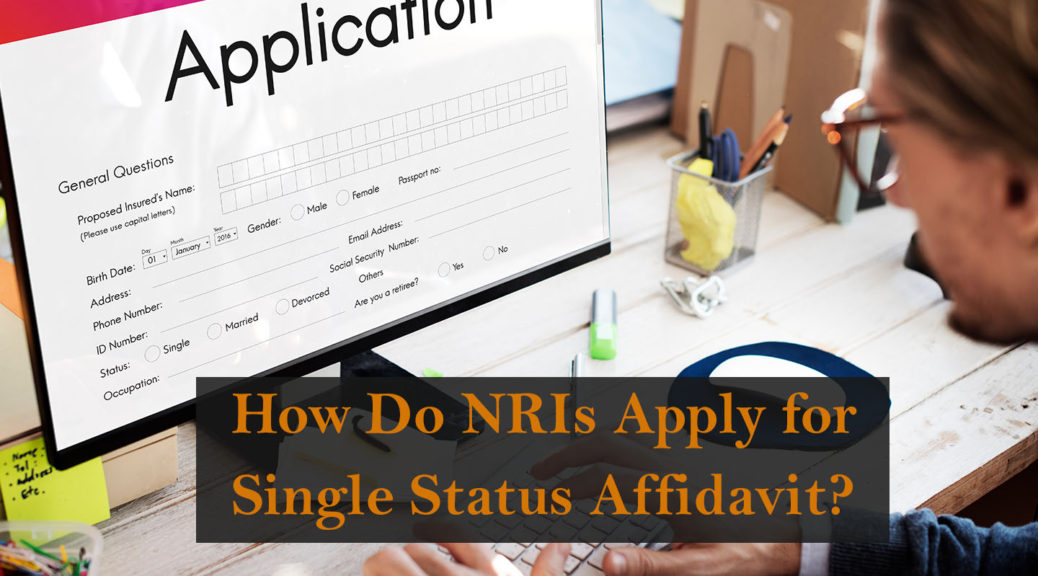
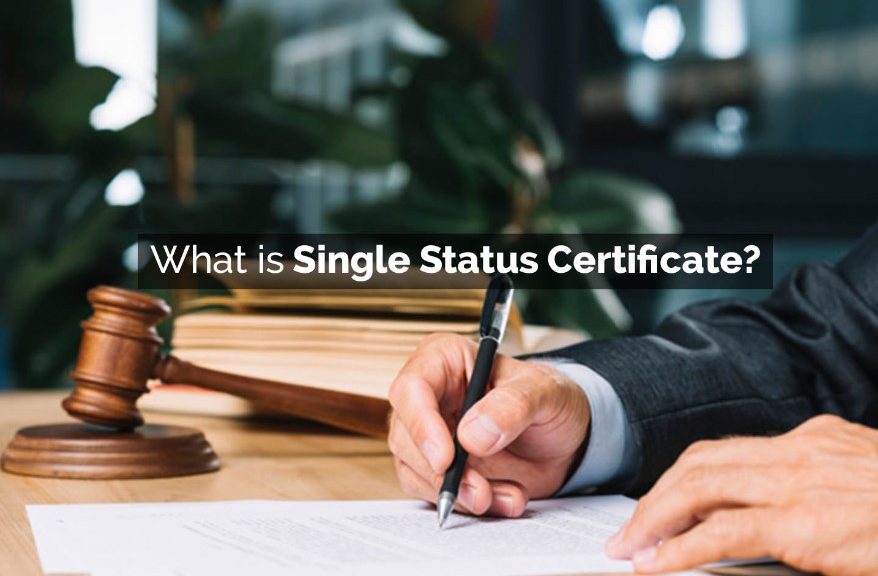
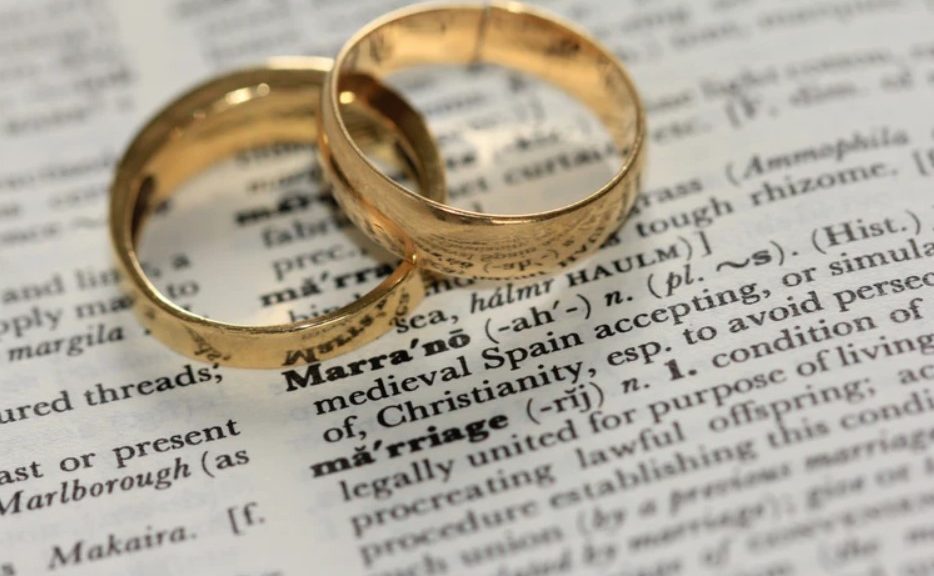
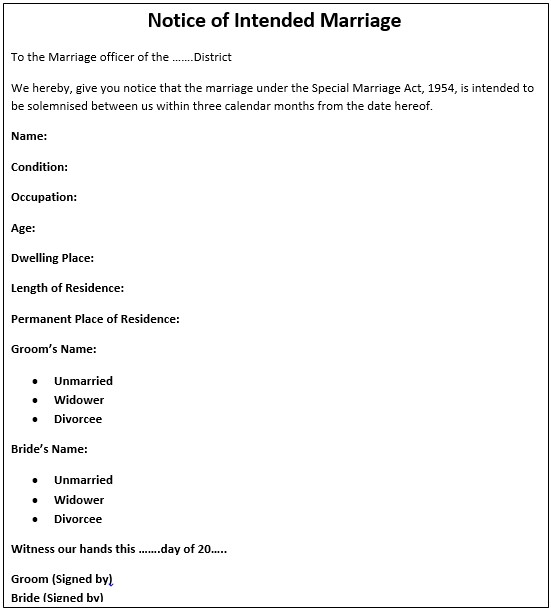


 this is link
this is link